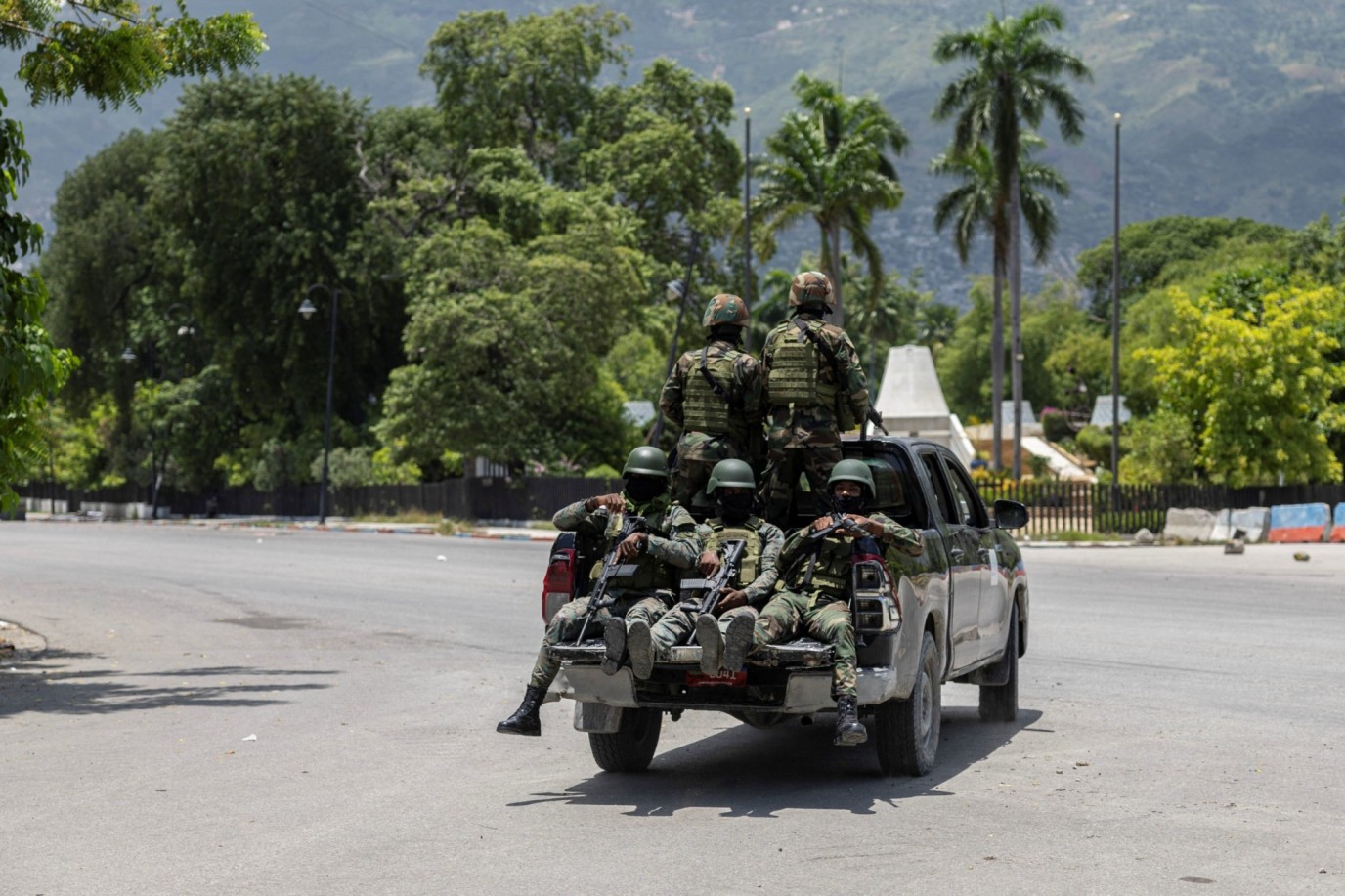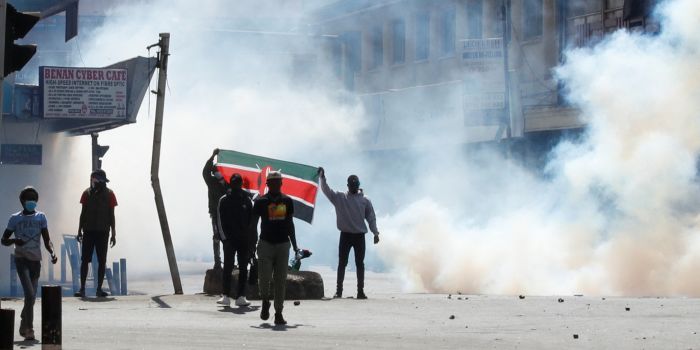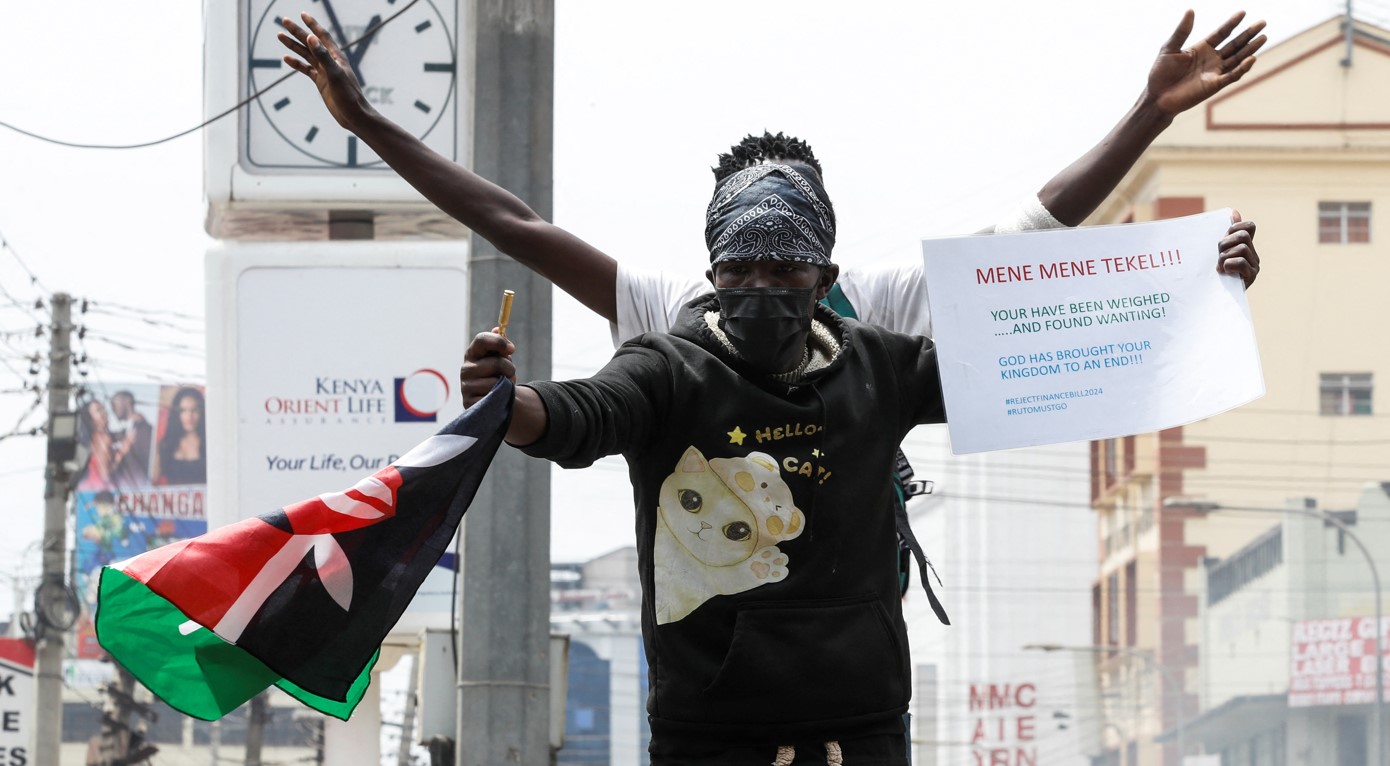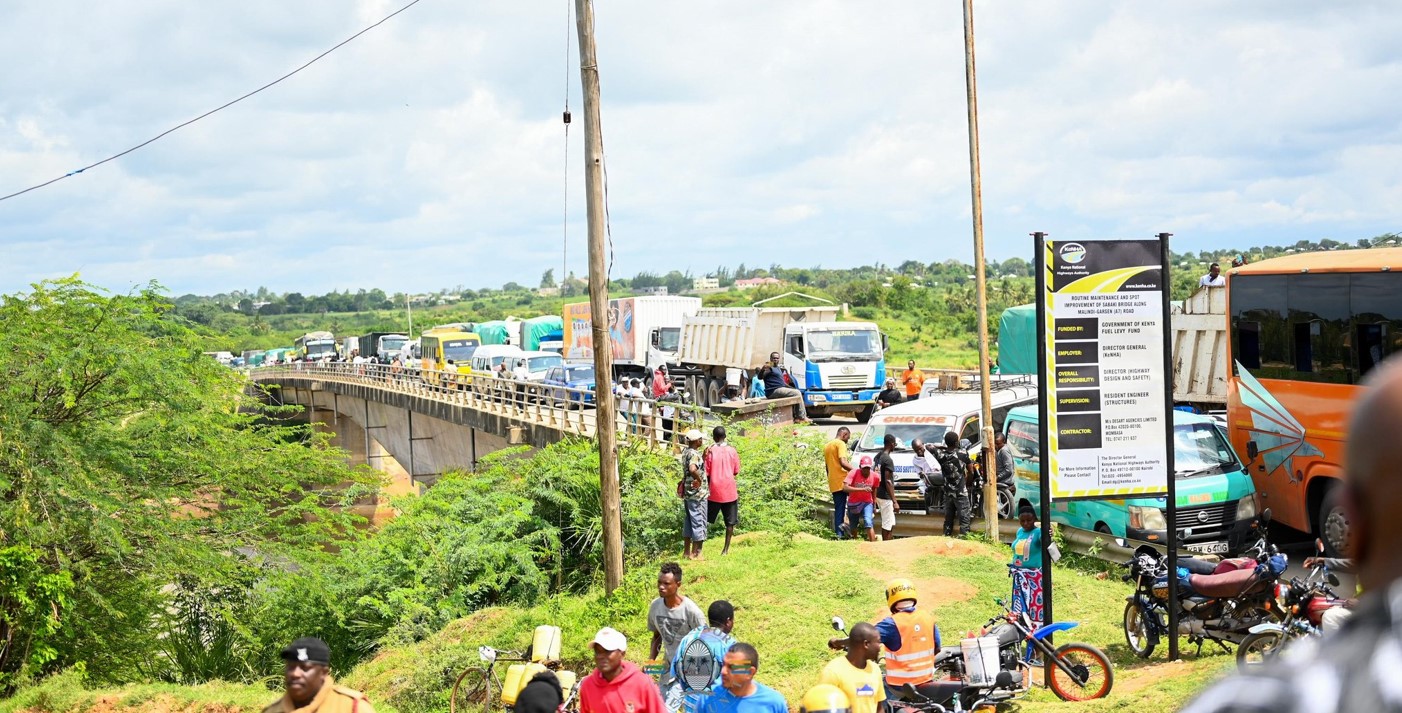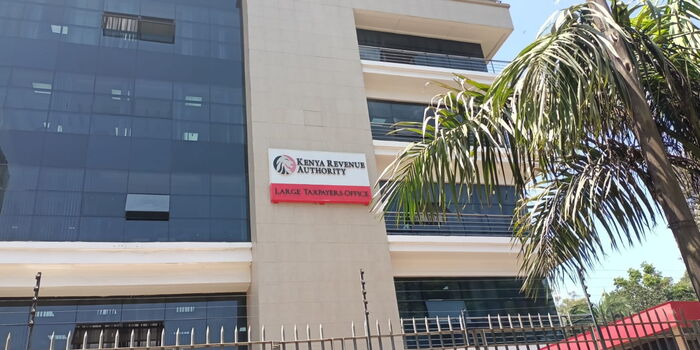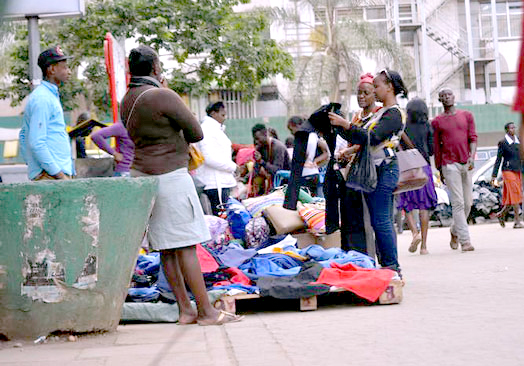Mandera Senator Roba warns government against downplaying Gen Z protests
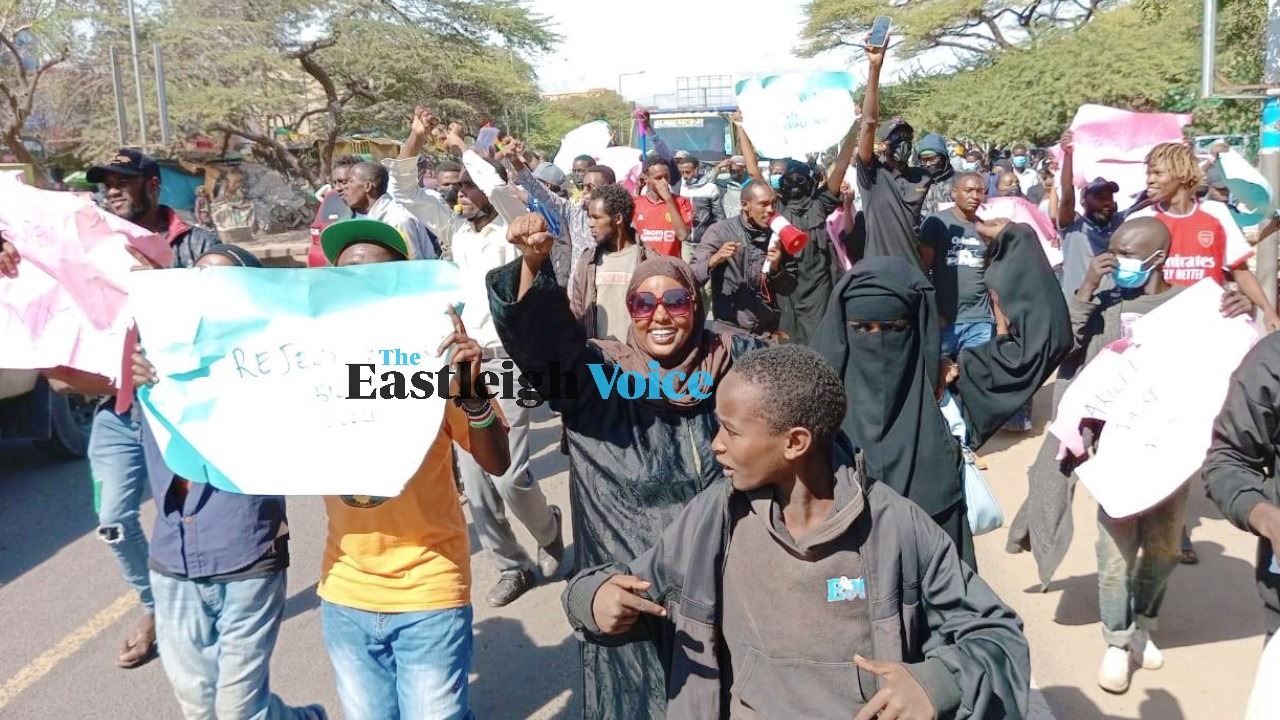
By Barack Oduor |
"In Egypt, the 2013 protests against President Mohamed Morsi, fueled by political polarisation and concerns over Islamist governance, followed the revolution that ousted Hosni Mubarak."
Mandera Senator Roba Ali Ibrahim has warned President William Ruto's administration against failing to address the ongoing nationwide demonstrations staged by Generation Z protesters who are opposing the passing of Finance Bill 2024.
The United Democratic Movement (UDM) Party leader, through his social media pages, warned that uncontrolled protests can have severe consequences for a country's economy, turning thriving businesses into ghost properties.
"While it may seem easy to cheer on protestors, it is crucial to reflect on the potential long-term impacts on government and the economy. Short-term dissatisfaction with policies like the finance bill should not push us into complete turmoil," said Roba.
Keep reading
Giving recent examples, Roba said the demonstrations in Egypt, Sudan, and Libya highlight the significant economic and political fallout of public unrest. In his explanation, the senator said similar issues are emerging, driven by economic grievances, and it is essential to address these root causes to mitigate risks and maintain stability.
"In Egypt, the 2013 protests against President Mohamed Morsi, fueled by political polarisation and concerns over Islamist governance, followed the revolution that ousted Hosni Mubarak. This led to temporary economic instability, prolonged political turmoil, and a struggling economy."
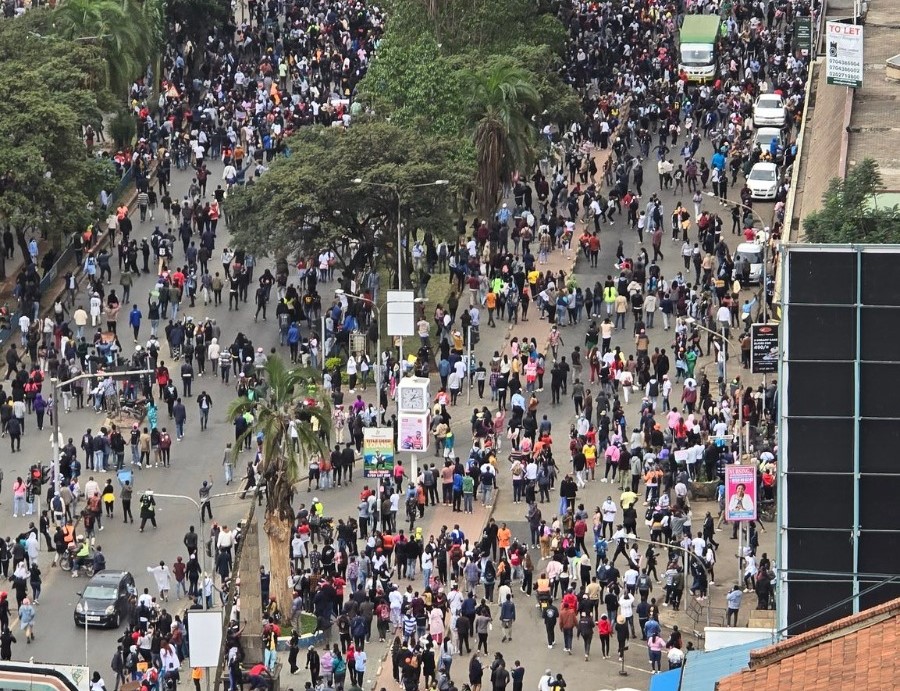 Anti-finance Bill protestors march along Kenyatta Avenue as they attempt to access Parliament on June 20, 2024. (Photo: Handout)
Anti-finance Bill protestors march along Kenyatta Avenue as they attempt to access Parliament on June 20, 2024. (Photo: Handout)
Hosni stepped down after nearly three weeks of protests in Cairo and other cities. He had led the nation for 30 years and was accused of suppressing dissent and protest and jailing opponents.
Roba explained how Sudan has also experienced ongoing protests since 2018 due to economic hardships like rising food prices and inflation. These demonstrations led to the ousting of President Omar al-Bashir, but the country continues to face political instability and economic decline.
He also gave the example of Libya's 2011 uprising, part of the Arab Spring, that demanded greater political freedoms and economic opportunities, opposing Muammar Gaddafi's dictatorship. Muammar's fall resulted in a power vacuum, civil war, fragmented governance, and severe ongoing economic disruption.
"Demonstrations often cause immediate economic disruptions, including decreased investor confidence, reduced tourism, and business interruptions. Persistent instability can deter foreign investment, lead to capital flight, and slow economic growth, with recovery taking years," explained Roba.
He also raised concern that these protests have garnered international attention, including coverage in the Wall Street Journal, highlighting economic grievances such as high youth unemployment and limited opportunities. If escalated, these protests could disrupt economic activities, deter investment, and negatively impact growth.
"The Kenyan government must carefully manage these protests to maintain political stability. Engaging with protestors and addressing their concerns is essential, as ignoring or harshly repressing them could increase instability. Addressing broader social challenges like unemployment, education, and economic inequality is crucial for long-term stability," he argued.
He urged the government to consider the lessons from Egypt, Sudan, and Libya and avoid similar pitfalls. "Prioritising dialogue and constructive solutions over demonstrations can help ensure a stable and prosperous future for Kenya. We should fight for our rights with such facts in mind."
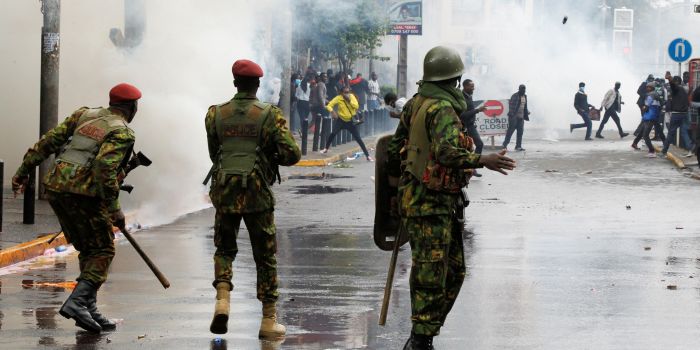 Police officers clash with protesters in Nairobi during a demonstration against the Finance bill 2024-2025, on June 20, 2024. (Photo: REUTERS/Monicah Mwangi)
Police officers clash with protesters in Nairobi during a demonstration against the Finance bill 2024-2025, on June 20, 2024. (Photo: REUTERS/Monicah Mwangi)








